A Love Letter to the Mad
Mad in America
MARCH 27, 2025
Hope Moon Event poster generated with the help ofChatGPTandDALL-E But to understand my story of hope, we have to go back to the beginning. But I try not to trample on the muggles I believe that early life trauma was a big part of setting me up to be manic. When emotionally devastating events happened to me, I would really struggle.

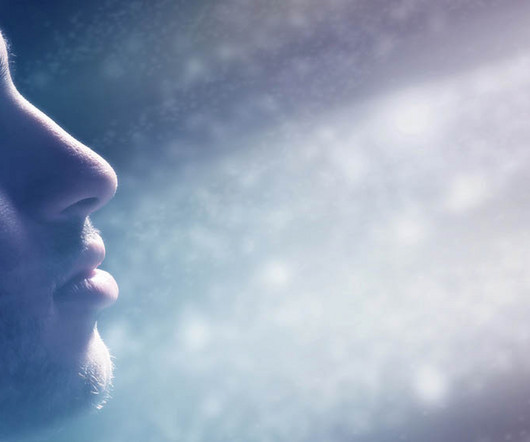

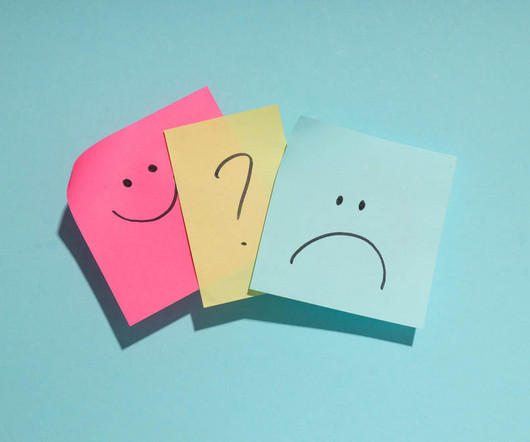

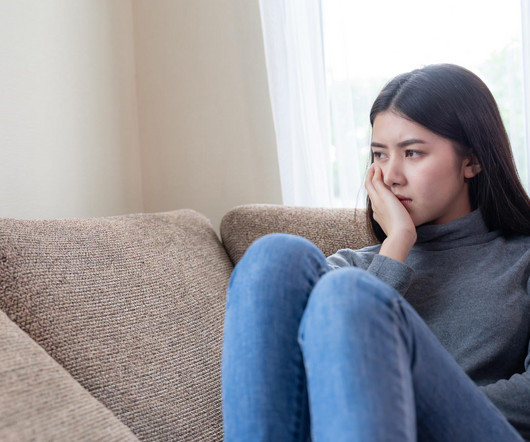

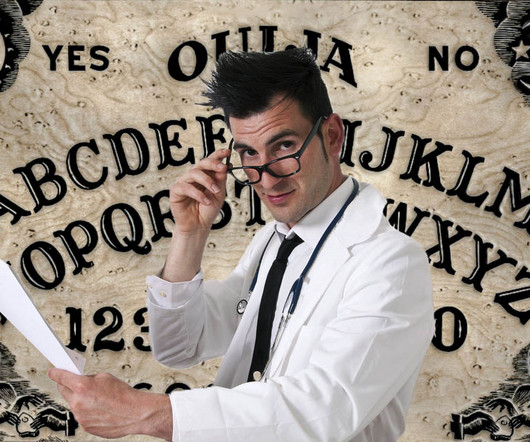
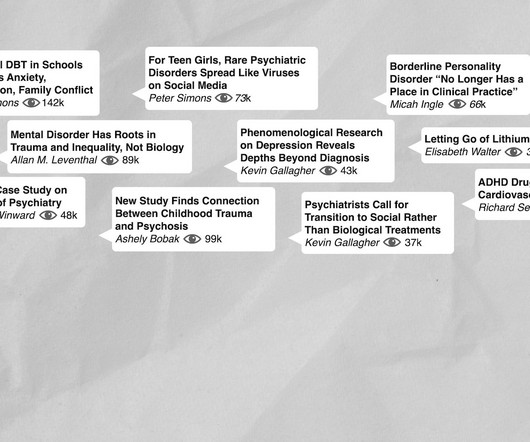
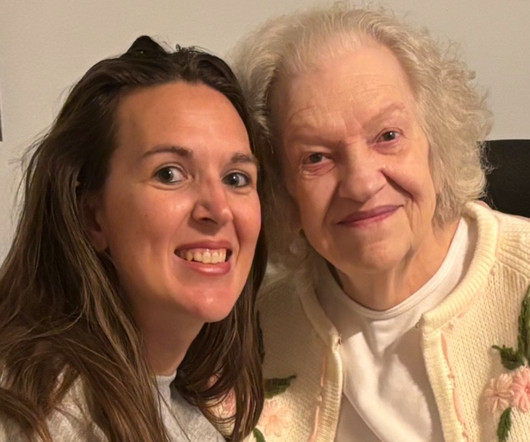
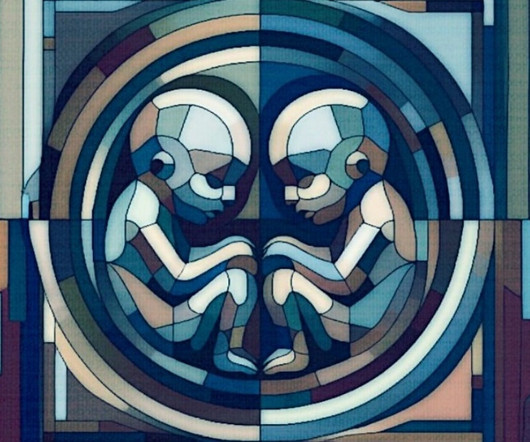

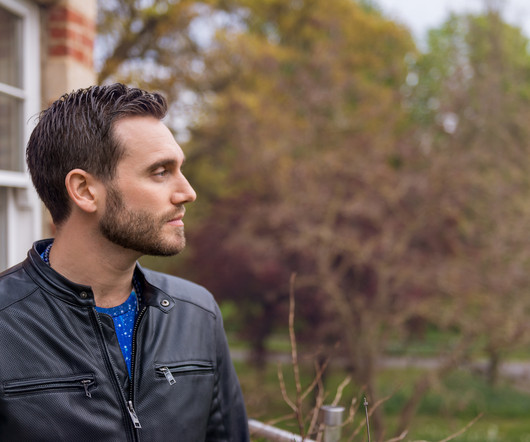

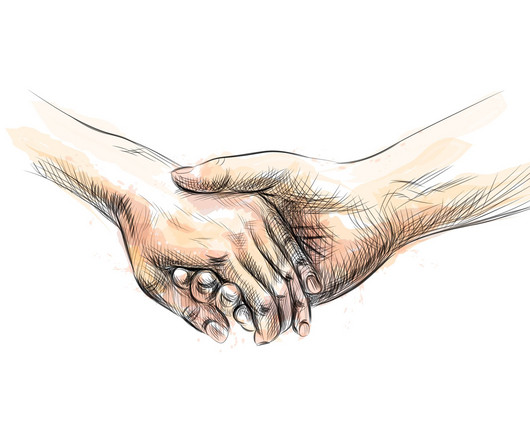






Let's personalize your content